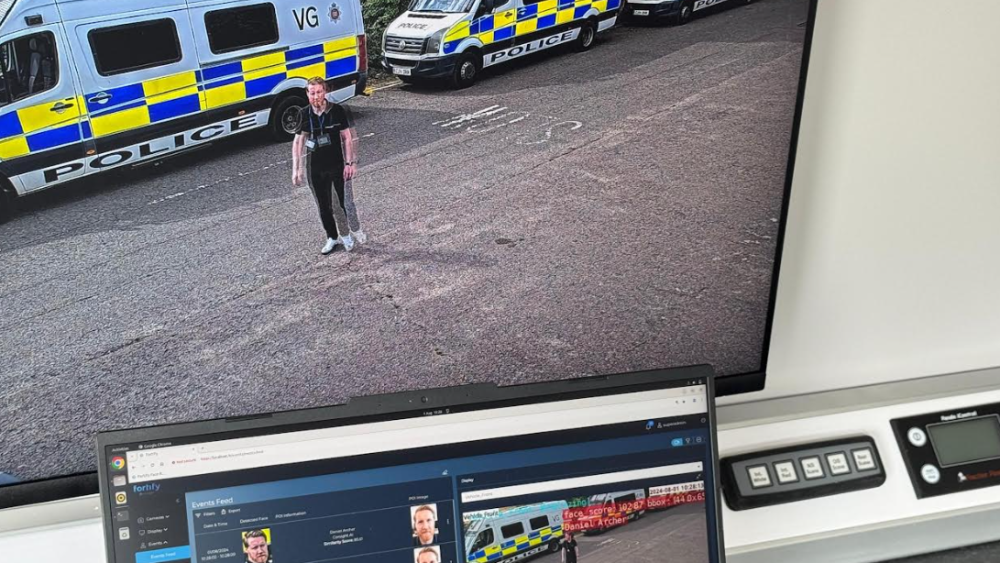By Police1 Staff
ESSEX, England — Essex Police recently deployed new Live Facial Recognition (LFR) technology, leading to the arrest of five individuals across two events, according to a press release.
The LFR system, developed by Corsight AI and Digital Barriers, was used to identify individuals wanted for serious offenses including charges of sexual assault and common assault. The technology ensures privacy by immediately deleting images of those not on a designated “watch list,” with no data retained.
“We’re an innovative and forward-thinking force, utilizing new technology to keep people safe and deter crime,” said Assistant Chief Constable Andy Pritchard. “Our Live Facial Recognition technology is used to locate people we want to speak to in connection with ongoing investigations and to manage people with court orders or conditions. Criminals cannot think they can walk around our communities without being caught.”
The technology, developed through a collaboration between Digital Barriers and Corsight AI, enables Essex Police to recognize faces in real-time and during retrospective investigations. For more information, click here.








